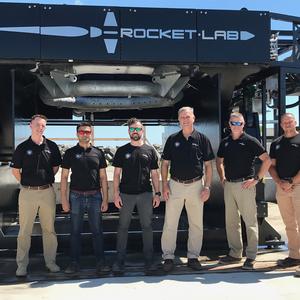Valhalla Ventures, an early-stage venture capital firm based in Los Angeles, has launched its first flagship fund to invest in deep tech and gaming.
Valhalla will focus its debut $66 million fund on supporting entrepreneurs who are “unafraid to question consensus views and push the boundaries of science and engineering,” the company said in a statement.
The aim is to uplift technologies and ideas before they enter the mainstream, with investments in seed-stage companies across deep tech and gaming. Deep-tech areas include materials science, biology, energy generation/storage and space technology, while gaming will target novel and underfunded mediums with an emphasis on social experiences.
Valhalla Ventures — founded in 2020 by Devan Malhotra, Matthew King and Rohan Pujara — invested $27 million in eight companies across deep tech, gaming and blockchain before starting its first fund.
On the deep tech side, Valhalla's Fund I is supporting biotech companies Terran Biosciences and Avery Digital, plus nanofabrication developer Irradiant Technologies. As for gaming, Valhalla is working with Incredible Dream to support its growing IP franchise, while 1v1Me is building a platform for gamers to compete again and bet on gaming streamers.
The fund aims to continue to make new investments until early 2025.
“The VC industry has lost its way,” said Malhotra. “Too many funds spray and pray into 'tier 1'-led deals while spending more time tweeting and fundraising than working with portfolio companies. We want to tack left, building a concentrated portfolio across nontraditional areas — gaming and deep tech — and working boots on the ground with the engineers, creatives and scientists that are building a brighter future."
Valhalla has also invested in two companies founded by former SpaceX engineers, K2 Space, which is building high-powered satellite platforms for the next generation of space development, and Starpath Robotics, which aims to refuel vehicles like SpaceX's Starship on the lunar surface.
"If you look at the biggest problems we face today, they are not solved by incrementally better software, but rather by breakthroughs in physical technology,” said Pujara. “We're looking for businesses built around critical technology with captive markets, hinging on best-in-class engineering, execution and scale-up."






